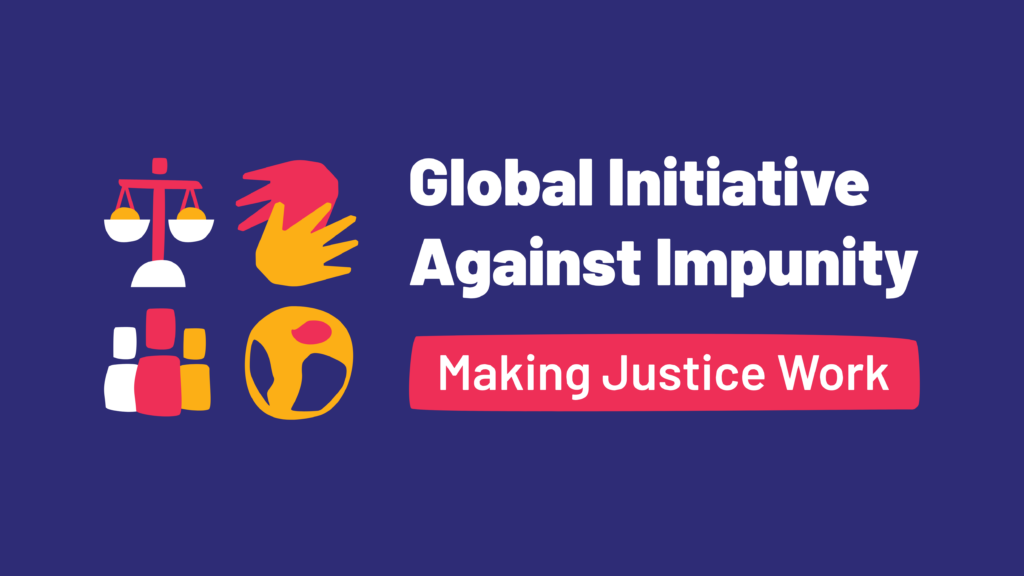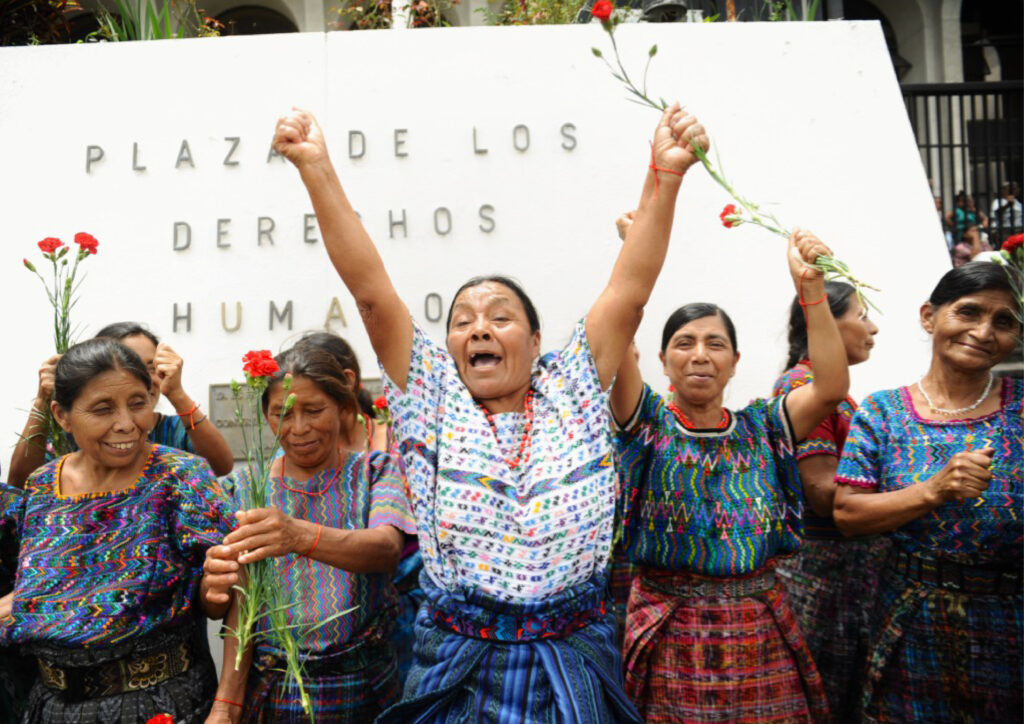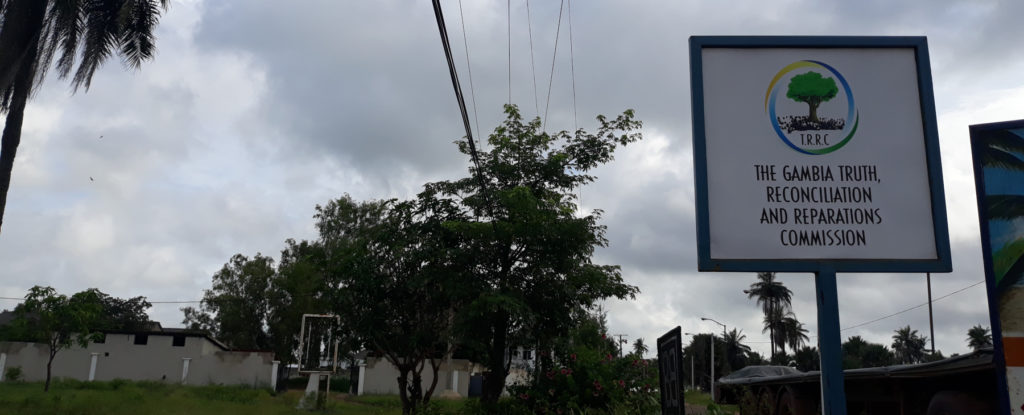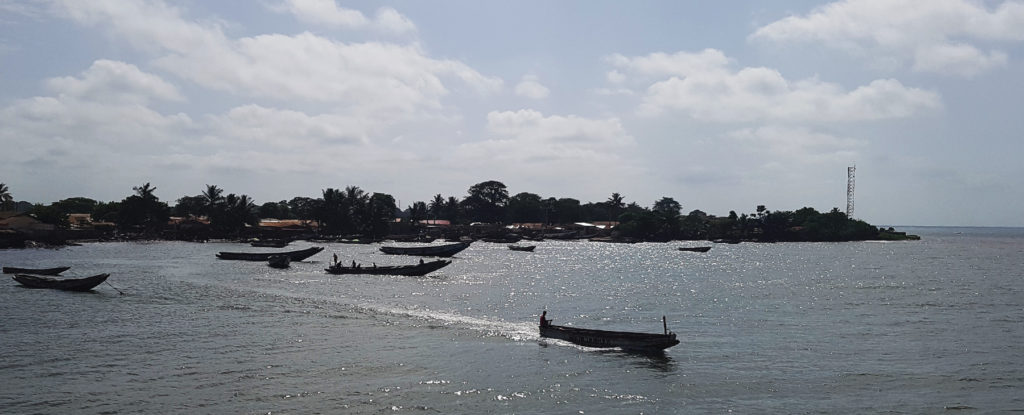On International Justice Day, skepticism and criticism welcome !
As we celebrate the 21st World Day for International Justice, it can hardly be denied that this anniversary has lost some of its shine. With the ICC, and transitional justice in general, coming under regular attack, what is there to celebrate? TRIAL International takes the view that these criticisms are actually a sign of strength, and can even be beneficial to the fight against impunity.
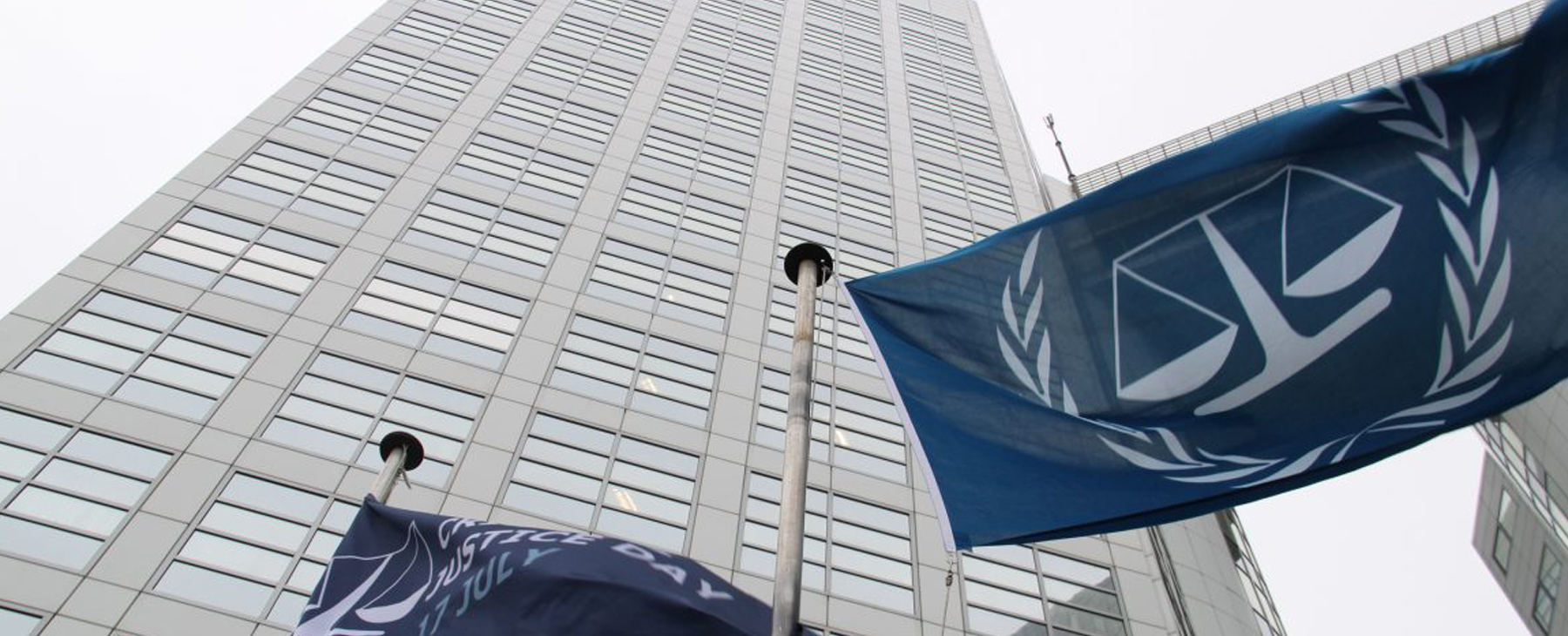
The first World Day for International Justice was celebrated on 17 July 1998, on the day the Statute of Rome was signed, which marks the creation of the International Criminal Court (ICC) –a historic milestone in a period of intense optimism vis-à-vis international justice.
Fast-forward to 2019, the landscape is unrecognizable. Populism is on the rise and international justice is no longer the priority. The ICC is accused of being biased and inefficient. Several countries have threatened to leave it, and one –Burundi – actually did.
Yet in an interview or the International Bar Association, ICC Prosecutor Fatou Bensouda said she was unsurprised by the opposition faced by her institution: “There’s been pushback (…) because the ICC is doing its work. (…) There’s bound to be pushback by those who feel they’re being targeted.”
Could opposition to the fight against impunity be, somewhat counterintuitively, a sign of its success? After all, an inefficient system would not be perceived as a threat. “A strong-willed international justice is disruptive”, confirms Philip Grant, Executive Director of TRIAL International. “The States which supported the ICC’s creation perhaps thought that their own creation would not turn against them (…). How many countries have renewed their unbending support to the Court after it incriminated its rulers? None.”
Under this light, the harsh criticisms against international justice do not seem so grim. But could they even be beneficial to the cause?
“Resistance is a normal part of the process”
Academic Dr Briony Jones shares Bensouda’s lack of surprise. “Transitional justice (…) touches upon concepts of social contract, citizenship, democracy, representation… It is therefore unsurprising that it is sometimes met with resistance or skepticism.”
But Jones goes even further and encourages us to embrace criticism: “Resistance has traditionally been seen as negative, but I think of it as a normal part of the process and it can even be constructive. Post-conflict justice processes are driven by a minority of people holding power, often abiding to mainstream narratives. There should be a space for alternative narratives and dissenting voices too.”
In other words, much like in politics, an openness to objection is a sign of strength, not of weakness. Only unconfident systems need repress and stifle criticism. Now in its third decade, the international justice system is strong enough to cope with objections.
The next step, according to Briony Jones? “NGOs need to (…) question their own assumptions and perceptions on transitional justice and remain as open and collaborative as possible, including with actors with a different perspective. (…) If the NGOs stop seeing these actors as threats and start paying heed, they have the potential to make transitional justice stronger, more credible and more efficient.”


